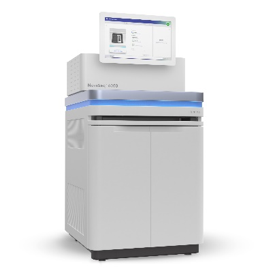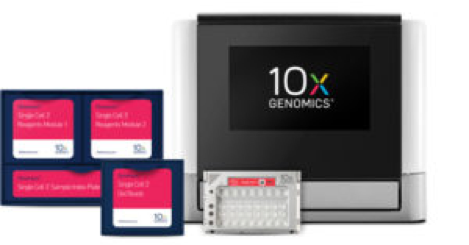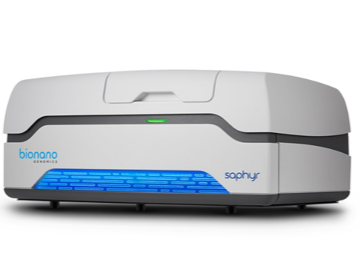Technology
The High Throughput Sequencing Facility has 4675. ft. of dedicated wet bench lab space housed in Genome Sciences Building. The HTSF has:
- Illumina MiSeq Platform
- Illumina NextSeq 2000 Platform
- Illumina NovaSeq 6000 Platform
- Oxford Nanopore
- Bionano Saphyr
- Associated equipment necessary for efficient high throughput operation
All sequencers are associated with on board computers for real-time data processing, with three servers dedicated for data analysis and distribution. Sequencing data processing, management, initial analysis, and distribution of all data generated at the HTSF are handled by the Bioinformatics and Analytics Research Collaborative (BARC), which is responsible for application support, training and consultation for bioinformatics needs for researchers.

Illumina
Illumina systems are highly versatile and in combination with robust libraries, HTSF can meet your specific application needs and in many areas of research. See our available library prep options on the Services Tab. Because of their similar chemistry, the same library preparations can be used across these instruments, allowing us to tailor to researchers’ sequencing needs according to turn around time (few hours to six-day run) read length (25 bp single-end reads to 300 bp paired-end reads) and throughput (300 Mb/run to 1Tb/run).

Alternative Technologies
In addition to Illumina-based library preparation options, HTSF offers sequencing for alternative technologies as well. These are chemistries that are not Illumina-based sample preparation methods but are still compatible with Illumina sequencing platforms. These systems allow other avenues for library preparation. HTSF does not current prepare these libraries but collaborates with 2 other cores who do provide this service.

Long Read Technologies
The HTSF is proud to announce the addition of Oxford Nanopore’s GridION and BioNano Genomics Saphyr, an investment in the future of genome research and can now generate up to 10 Gb of DNA sequence data. We have since, retired PacBio but continue a relationship with NCSU to complete experiments requesting these services.
Relevant Forms
- Illumina Platform Comparison and Specification Table
- Oxford Nanopore Submission Form
- Bionano Submission Instructions
- Bionano Submission Form
- 10x Sample Manifest for Study Made Libraries
- 10x Sample Manifest for HTSF Made Libraries
- 10x Submission Information Study Made
- 10x Submission Information HTSF Made